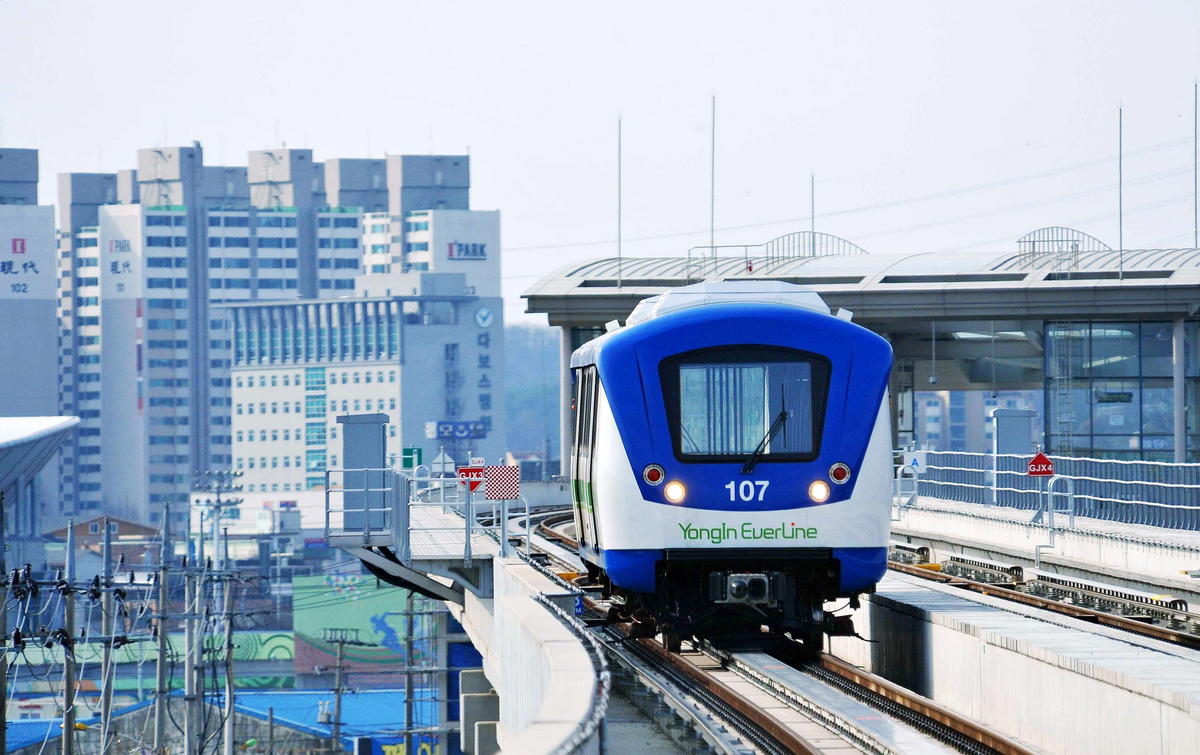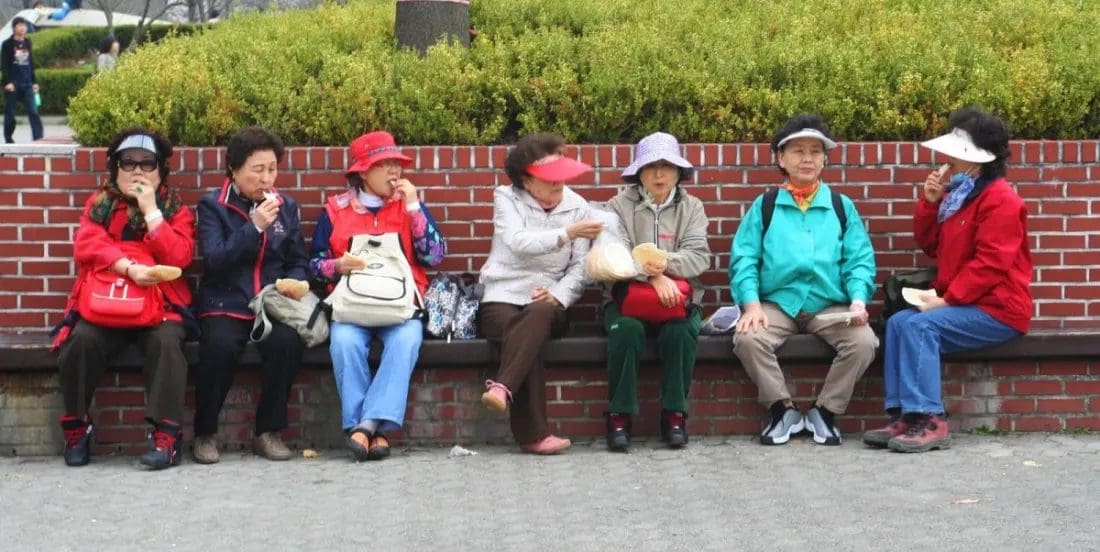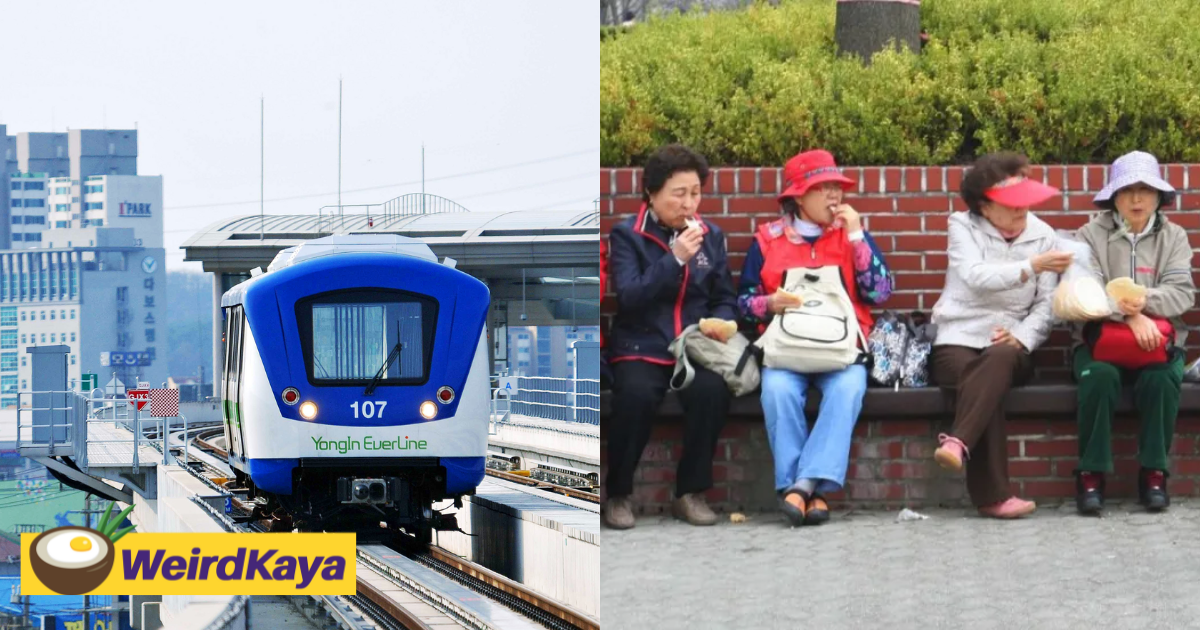On Saturday, authorities reported that a 37-year-old woman is facing charges after allegedly injuring three people with a knife on a subway train.
‘Don’t call me aunty’
The accused, whose identity was withheld, is charged with injuring two women in their 60s and a man in his 50s on a subway train in Yongin City, Gyeonggi Province, in South Korea while en route to Jukjeon Station.

According to subway police, the accused was speaking on the phone when one of the two women asked her to lower her voice.
The woman referred to the accused as “ajumma,” a casual term used to refer to a middle-aged woman who is unrelated to the speaker.
However, this term has come to have negative connotations over the years among Koreans.
The accused reported feeling offended by the term and proceeded to injure the three individuals with a knife.
Although none of the injuries were fatal, one of the victims underwent surgery.

Officials have requested an arrest warrant for the accused based on the charge of “special violence” committed against others.
This charge is similar to aggravated assault and is punishable by one to ten years in prison.
Carrying a weapon also violates Article 42 of the Railroad Safety Act, but the authorities did not seek charges for this particular offence.
Is ‘ajumma’ a rude name?
The term “ajumma” is commonly heard in Korean dramas and is a casual way of referring to middle-aged women unrelated to the speaker, similar to the local use of the word “auntie.”

However, it is generally considered rude, and Koreans prefer the more polite term “ajumeoni.”
This incident highlights the importance of being mindful of the language used when addressing individuals, as even seemingly harmless terms can be misconstrued and cause offence.
It also serves as a reminder of the potential dangers of carrying weapons in public spaces, as the consequences of violence can be severe.


